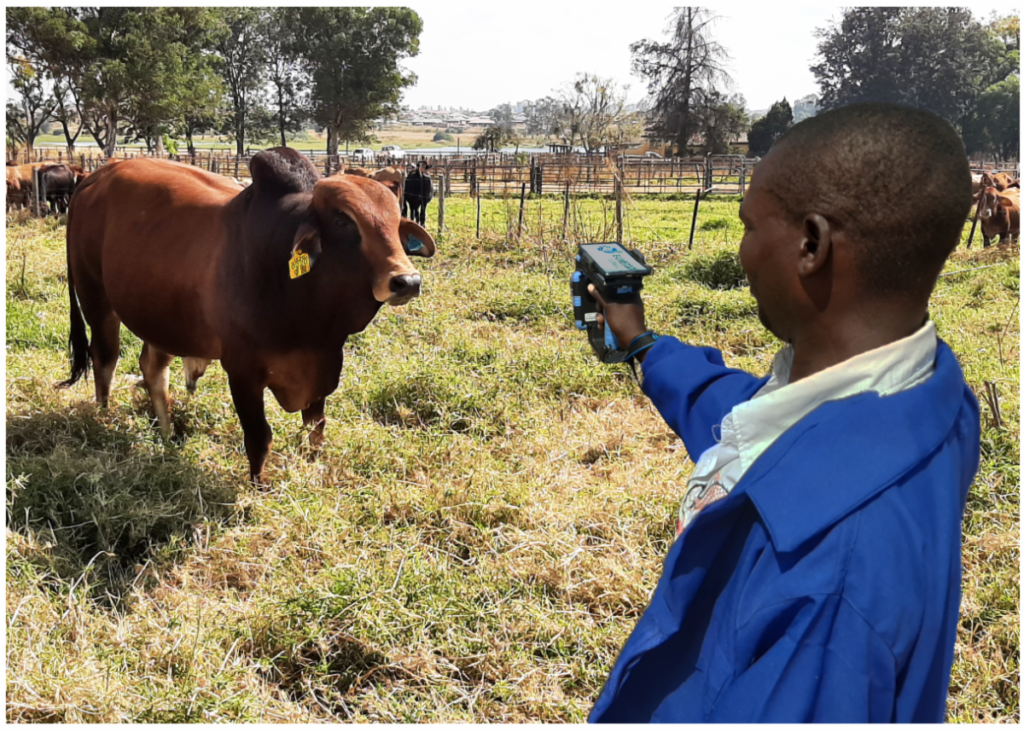
The Chief Executive Officer of Green Sahara Farms, Plateau State, Suleiman Dikwa has called on the Federal Government to provide direct interventions to bring down prices of agro commodities.
Dikwa, who was reacting to the rising inflation, which has jerked up prices of goods and services beyond the reach of the masses, said there seems to be no solution in sight yet unless government intervenes.
According to the latest inflation report released by the National Bureau of Statistics (NBS), the country’s inflation rate for December rose to 28.92 per cent from 28.20 per cent recorded in the previous month.
Sadly, in December 2023, the year-on-year food inflation rate surged to 33.93 per cent, primarily driven by increased prices of oil and fat, meat, bread and cereals, potatoes, yam and other tubers, fish, and milk, cheese and eggs.
According the NBS report, the food inflation breakdown represents a notable increase of 10.18 per cent points compared to the rate registered in December 2022 at 23.75 per cent.
The report indicates that the average price level increased at a higher rate in December 2023 compared to the preceding month – November 2023. Dikwa noted that there are many theories around the causes of inflation, noting that the important one is ignoring the so-called informal economy and its correlation with inflation.
“The focus has been on the purchasing power of the formal economy, which constitutes about 20 per cent of the Gross Domestic Products (GDP), the ones in the formal economy fight for increased wages to sustain their livelihoods, but the ones in the informal sector can only do that by increasing the cost of food to meet up with their livelihoods thereby causing food inflation.
“The cost of inputs and economics of production do not change after the production of food, but the increase is pushed by demand by industry exports and cost of living,” he said.
Dikwa noted that countries like India banned the export of price when production is low or do direct interventions to bring down prices, “but like in other sectors of the agriculture, we miss the key elements to improve productivity by getting more from what we do from pre-harvest losses due to soil, water or land cultivation and management methods to post harvests losses put at about N3tr with opportunities in energy and organic fertilisers and jobs instantly.
“It’s a dog eat dog situation. How do you convince farmers to sell below the time value or purchasing power compatibility through control with suggestions like commodities boards? The gap between income and purchasing power is the crux of the after, not only in the informal sector but the formal as well. We have a scary scenario coming up, and there seems to be no solution, and food comes first.”






